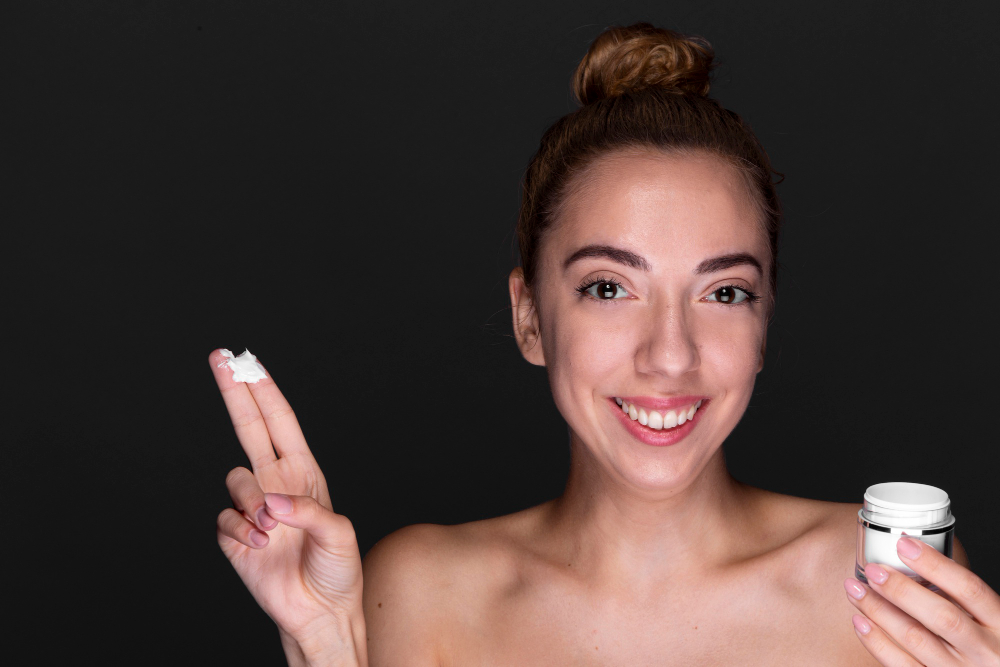Introduction
Tretinoin cream has become one of the most popular skincare products in recent years, and for good reason. This powerful topical treatment can help reduce the appearance of acne, wrinkles, fine lines, and other skin concerns. But what exactly is tretinoin cream, and how does it work? And, perhaps most importantly, how can you use it safely and effectively in your skincare routine? In this blog post, we’ll answer these questions and more.
What is Retinoin Cream?
Tretinoin cream is a topical medication that contains the active ingredient tretinoin, a type of retinoid derived from vitamin A. Retinoids are known for their ability to speed up cell turnover and promote collagen production, which can help reduce the appearance of fine lines, wrinkles, and other signs of aging. Retinoin cream is available by prescription only and comes in various strengths and formulations.
How Does Tretinoin Cream Work?
Retinoin cream works by binding to retinoic acid receptors in the skin and stimulating the production of new skin cells. This process can help unclog pores, reduce inflammation, and promote collagen production, which can help improve the appearance of acne, wrinkles, and other skin concerns. When used consistently and correctly, tretinoin cream can also help improve skin texture and tone, reduce hyperpigmentation, and enhance the skin’s natural radiance. You can buy this cream in the UK from a website like https://tretinoin-creams.com/tretinoin-cream-uk/ However, it’s important to note that tretinoin cream can also cause side effects like redness, dryness, and flakiness, especially in the first few weeks of use.
How to Use Tretinoin Cream Safely
To use tretinoin cream safely and effectively, it’s important to follow a few key guidelines:
1. Start slow
If you’re new to retinoids, start with a low-strength tretinoin cream and use it once or twice a week at first, gradually increasing the frequency as your skin tolerates it.
2. Apply to clean, dry skin
Always apply tretinoin 1.0 % cream to clean, dry skin before any other skincare products.
3. Protect your skin from the sun
Retinoin cream can increase your skin’s sensitivity to the sun, so it’s crucial to wear sunscreen with at least SPF 30 every day and avoid prolonged sun exposure.
4. Moisturize regularly
To help prevent dryness and flakiness, use a gentle, hydrating moisturizer every day, especially at night.
5. Avoid other irritants
Retinoin cream can be drying and irritating, so it’s best to avoid other potentially irritating skincare products like exfoliants, toners, and scrubs while using it. By following these guidelines and being patient with the process, you can safely and effectively incorporate tretinoin cream into your skincare routine and enjoy its many benefits.







